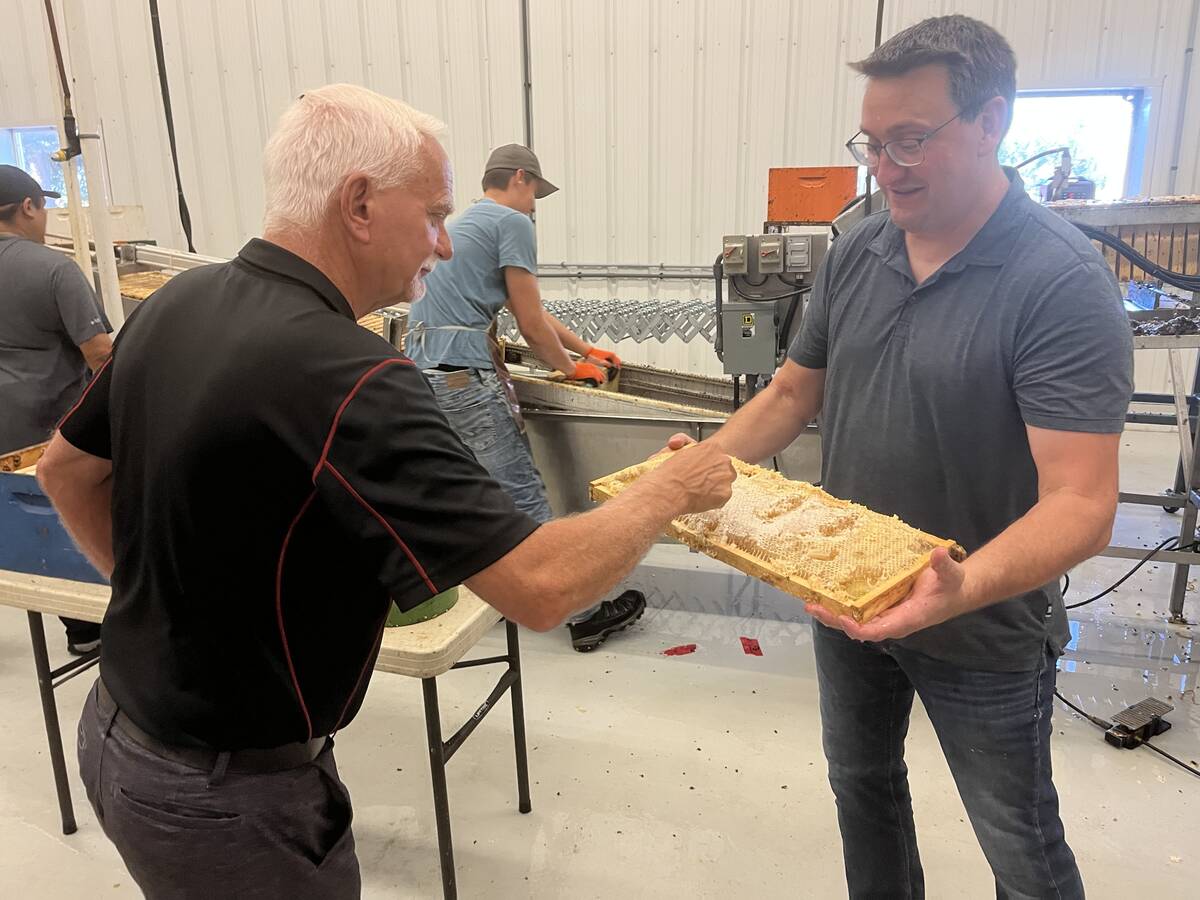A recent letter from a reader focused on a problem for many: The control or dependency that family members try to maintain after a person has become an adult.
Sometimes a child fails to mature and become independent from parents and
siblings.
Some children may get involved in joint business ventures, as often happens in farming. A parent may become ill or die, requiring a child to take on more responsibility than otherwise would have happened.
The reader had met and liked a person, whose family members did not seem to accept her, but seemed to control and depend upon the person she cared for.
Read Also

Alberta honey business ‘thrives’ despite bumpy beginnings
Thrive Honey showcases its honey production in market where Alberta produces 40 per cent of all honey produced in the country
She felt she was seen as a threat. She said, in part, “One cannot undo the past, but how can my friend gain control of his life, even if the pattern is set deep?”
She is not alone. Many others may identify with her frustrations and anxiety. But she is not the one who can solve the problem.
Her friend will have to look at how he ended up doing more for family members than taking care of his own needs.
If he takes this relationship seriously, he may have to step back and evaluate his situation. His girlfriend sees the problem but she can only be of limited help. If she starts to create solutions, she becomes another person who is controlling him.
He could use a local counselor to help him recognize how and why he has allowed this to occur. He may choose to write me himself. He may use other local helping persons, such as clergy.
He will have to set his priorities in life, recognizing the limits of his obligations to his parents and his siblings. Once he has done this, he will have to clearly tell his parents and siblings of his decisions, and not let others manipulate him.
That may not be easy. But if he practises this approach, either on his own or with the help of a counselor or clergyperson, he will be able to anticipate the reactions of his family and confront them in a firm but caring and sensitive manner.
We do get into ruts in our lives. Realizing you are in one is the first step to getting out. We can get out of some ruts by persistence and effort. But we may need outside help with other ruts. We need to recognize the value of friends, clergy and counselors.
I hope your friend will reach out for help in his task if he needs it.
















